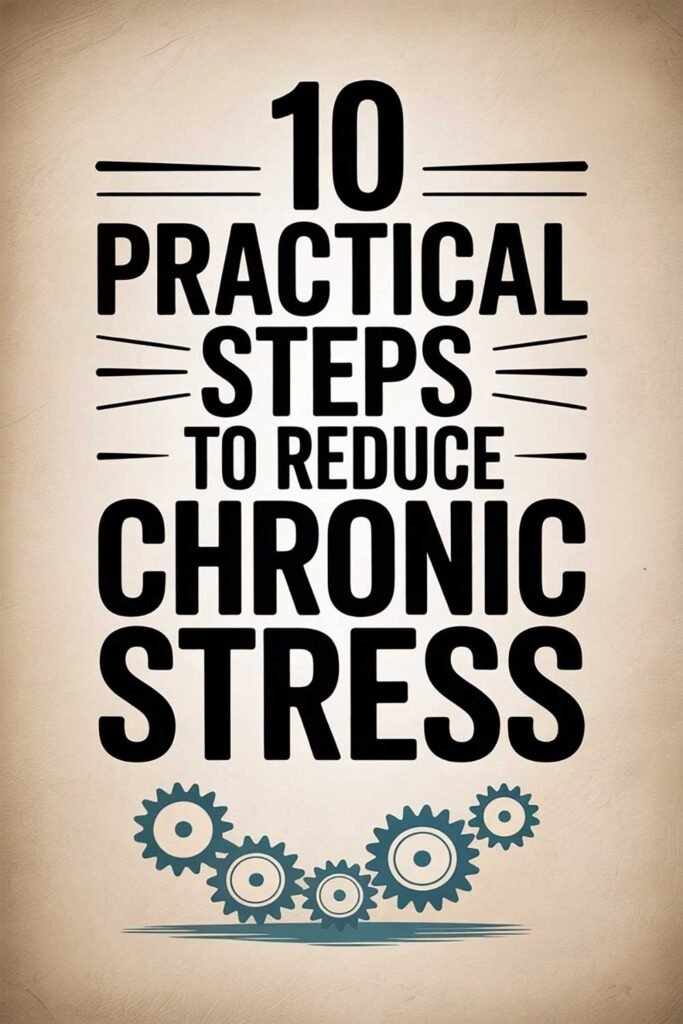Change and Adaptability
Change is an inevitable part of life. Whether it comes in the form of personal growth, career shifts, relationships, or external circumstances, our ability to adapt plays a significant role in our success and well-being. Developing adaptability helps us navigate challenges with resilience, embrace new opportunities, and cultivate a mindset that thrives in uncertainty.

The Importance of Embracing Change
1. Fosters Personal Growth
Change pushes us out of our comfort zones and encourages us to develop new skills, perspectives, and strengths. It allows for self-improvement and a deeper understanding of ourselves and the world around us.
2. Enhances Problem-Solving Skills
When we adapt to change, we learn to approach challenges with creativity and flexibility. This ability to adjust our mindset and strategies enables us to find innovative solutions to life’s obstacles.
3. Builds Resilience
Those who embrace change tend to develop a stronger sense of resilience. Instead of resisting difficulties, they learn to accept and overcome them, making them more capable of handling life’s uncertainties.
4. Opens Doors to New Opportunities
Being open to change allows us to recognize and seize new opportunities that might otherwise go unnoticed. Whether in career, relationships, or personal endeavors, adaptability often leads to unexpected and rewarding experiences.
5. Improves Mental and Emotional Well-Being
Change can be stressful, but learning to adapt helps us reduce anxiety and maintain a sense of control. Accepting that change is a natural part of life leads to a more balanced and positive outlook.
How to Develop Adaptability
1. Cultivate a Growth Mindset
Embrace challenges as opportunities for learning rather than obstacles. A growth mindset encourages continuous self-improvement and resilience in the face of change.
2. Stay Open-Minded
Being receptive to new ideas, perspectives, and experiences enhances our ability to adjust to different situations. Openness fosters flexibility and innovation.
3. Practice Emotional Regulation
Managing emotions during periods of change is essential for making rational and informed decisions. Deep breathing, mindfulness, and stress management techniques can help regulate emotional responses.
4. Build a Support System
Surround yourself with positive and supportive individuals who encourage adaptability. Friends, family, and mentors can provide guidance and reassurance during transitional phases.
5. Develop Problem-Solving Skills
Approach challenges with curiosity and creativity. Viewing problems as puzzles to be solved rather than threats enhances adaptability and fosters resilience.
6. Embrace Uncertainty
Life is unpredictable, and the ability to embrace uncertainty rather than fear it allows for greater confidence and emotional stability. Learning to navigate ambiguity is a key component of adaptability.
7. Take Small, Consistent Steps
Adapting to change doesn’t always require drastic measures. Taking small, deliberate steps toward new experiences helps build confidence and ease the transition process.
Inspirational Quotes on Change and Adaptability
“Change is the only constant in life.” – Heraclitus
“It is not the strongest of the species that survive, nor the most intelligent, but the one most responsive to change.” – Charles Darwin
“Adaptability is about the powerful difference between adapting to cope and adapting to win.” – Max McKeown
“Your life does not get better by chance, it gets better by change.” – Jim Rohn
“Do not fear change. Embrace it as an opportunity for growth.” – Unknown
“Flexibility and adaptability are the cornerstones of resilience.” – Unknown
“When we are no longer able to change a situation, we are challenged to change ourselves.” – Viktor Frankl
“The measure of intelligence is the ability to change.” – Albert Einstein
“Change your thoughts and you change your world.” – Norman Vincent Peale
“Success is not about avoiding change, but learning how to thrive within it.” – Unknown
Picture This…
Imagine waking up one morning to an unexpected career shift, a relocation, or a change in personal relationships. Instead of feeling paralyzed by fear, you approach the situation with confidence and curiosity. You recognize that change, while uncertain, brings growth and new possibilities. You navigate each step with resilience, turning obstacles into stepping stones. Over time, you realize that adaptability is not just a skill—it’s a superpower that allows you to thrive in any situation.
Please Share This Article
If this article inspired you, please share it with others who may be navigating change in their lives. Together, we can build a mindset of resilience and adaptability.






